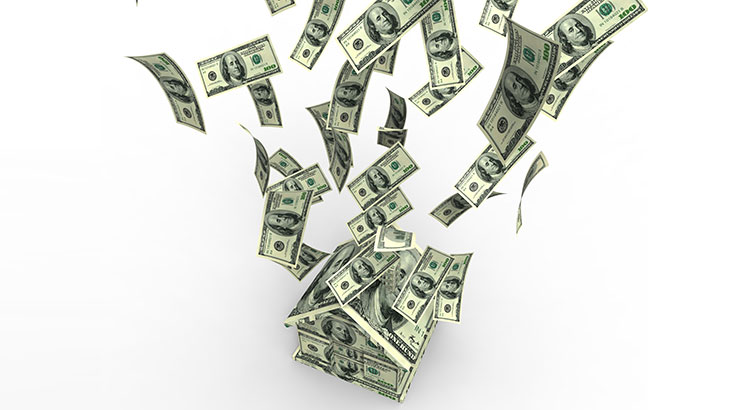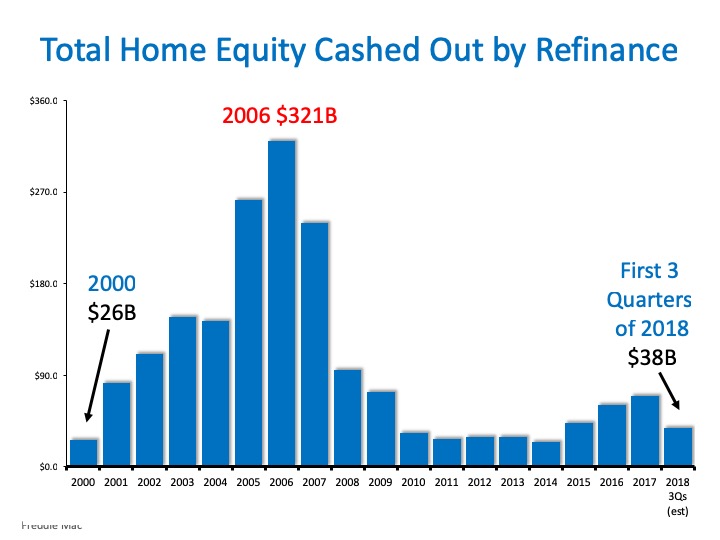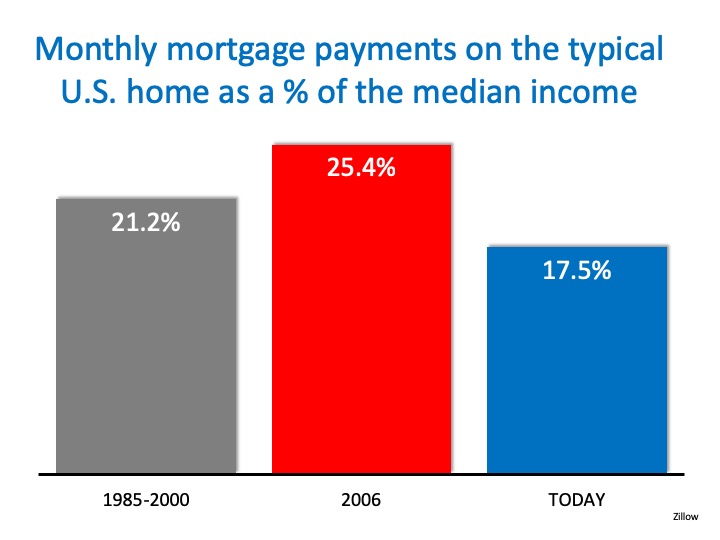
In today’s market, as home prices rise and a lack of inventory continues, some homeowners may consider trying to sell their homes on their own, known in the industry as a For Sale by Owner (FSBO). There are several reasons why this might not be a good idea for most sellers.
Here are the top five reasons:
1. Exposure to Prospective Buyers
According to NAR’s 2018 Profile of Home Buyers and Sellers, 95% of buyers searched online for a home last year. That is in comparison to only 13% of buyers looking at print newspaper ads. Most real estate agents have an Internet strategy to promote the sale of your home, do you?
2. Results Come from the Internet
Where did buyers find the homes they actually purchased?
- 50% on the Internet
- 28% from a real estate agent
- 7% from a yard sign
- 1% from newspapers
The days of selling your house by putting out a lawn sign or putting an ad in the paper are long gone. Having a strong Internet strategy is crucial.
3. There Are Too Many People to Negotiate With
Here is a list of some of the people with whom you must be prepared to negotiate if you decide to For Sale by Owner:
- The buyer who wants the best deal possible
- The buyer’s agent who solely represents the best interests of the buyer
- The buyer’s attorney (in some parts of the country)
- The home inspection companies, which work for the buyer and will almost always find some problems with the house
- The appraiser if there is a question of value
4. FSBOing Has Become More And More Difficult
The paperwork involved in selling and buying a home has increased dramatically as industry disclosures and regulations have become mandatory. This is one of the reasons that the percentage of people FSBOing has dropped from 19% to 7% over the last 20+ years.
5. You Net More Money When Using an Agent
Many homeowners believe that they can save on the real estate commission by selling on their own, but they don’t realize that the main reason buyers look at FSBOs is because they also believe that they can save on the real estate agent’s commission. The seller and buyer can’t both save the commission.
A study by Collateral Analytics revealed that FSBOs don’t actually save anything, and in some cases may be costing themselves more, by not listing with an agent. One of the main reasons for the price difference at the time of sale is that,
“Properties listed with a broker that is a member of the local MLS will be listed online with all other participating broker websites, marketing the home to a much larger buyer population. And those MLS properties generally offer compensation to agents who represent buyers, incentivizing them to show and sell the property and again potentially enlarging the buyer pool.”
If more buyers see a home, the greater the chances are that there could be a bidding war for the property. The study showed that the difference in price between comparable homes of size and location is currently at an average of 6% this year.
Why would you choose to list on your own and manage the entire transaction when you can hire an agent and not have to pay anything more?
Bottom Line
Before you decide to take on the challenges of selling your house on your own, let’s get together to discuss your needs.


![What is the Cost of Waiting Until Next Year to Buy? [INFOGRAPHIC] | Simplifying The Market](https://files.simplifyingthemarket.com/wp-content/uploads/2019/01/17141018/Cost-of-Waiting-MEM-ENG.jpg)





![Top Renovations to Complete Before You Sell Your House [INFOGRAPHIC] | Simplifying The Market](https://files.simplifyingthemarket.com/wp-content/uploads/2019/01/03143726/20190104-Share-STM.jpg)
![Top Renovations to Complete Before You Sell Your House [INFOGRAPHIC] | Simplifying The Market](https://files.simplifyingthemarket.com/wp-content/uploads/2019/01/03143648/201901104-STM-ENG.jpg)

![Where is the Housing Market Headed in 2019? [INFOGRAPHIC] | Simplifying The Market](https://files.simplifyingthemarket.com/wp-content/uploads/2018/12/18171824/20181228-Share-STM.jpg)
![Where is the Housing Market Headed in 2019? [INFOGRAPHIC] | Simplifying The Market](https://files.simplifyingthemarket.com/wp-content/uploads/2018/12/18171800/20181228-STM-ENG.jpg)

![Buyers Are Looking for Your Home, Now [INFOGRAPHIC] | Simplifying The Market](https://files.simplifyingthemarket.com/wp-content/uploads/2018/12/20145101/20181221-Share-STM.jpg)
![Buyers Are Looking for Your Home, Now [INFOGRAPHIC] | Simplifying The Market](https://files.simplifyingthemarket.com/wp-content/uploads/2018/12/20145053/20181221-STM-ENG.jpg)




